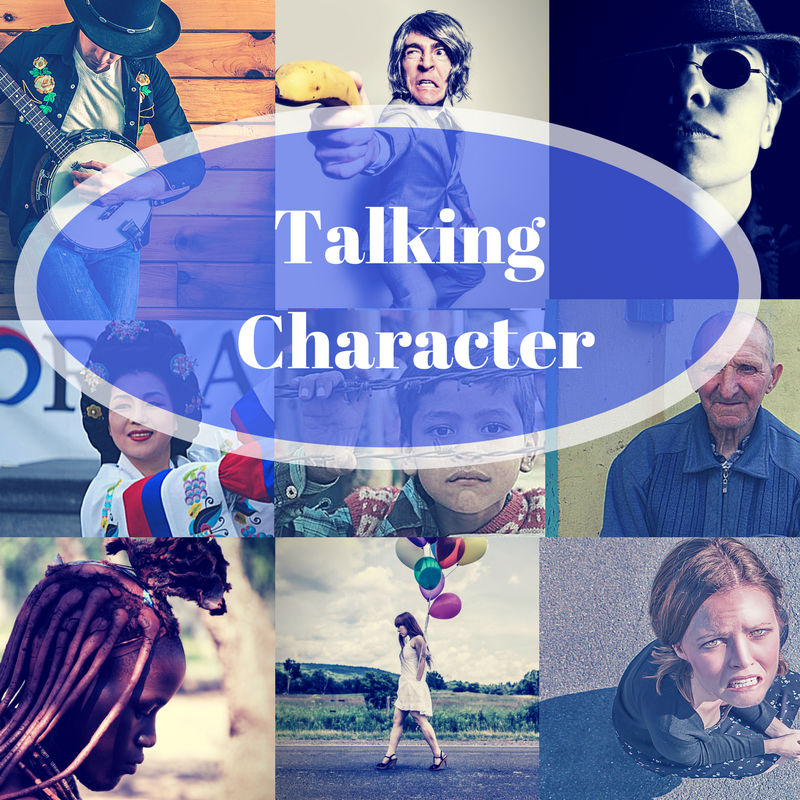Every fictional character has an entire life’s worth of backstory that happened prior to the opening of your novel. A writer’s job is to discover which pieces of the story are important.
Why is backstory important?
Backstory is what brings a character to life. Exploring the events in a character’s past yields nuggets of insight that makes them unique and explains why they act the way they do. The deeper a writer delves into the backstory of her characters, the better she can understand makes them tick.
Backstory also provides information on past events and relationships that are critical to understanding the current plot.
The dangers of backstory
Not every detail of a character’s history is relevant to your novel.
It’s tempting to believe our readers are every bit as fascinated with our characters’ backstories as we are. But don’t be fooled. Readers are only interested in what’s gonna happen next. K. M. Weiland in Outlining Your Novel
Backstories can take on a life of their own and lead unwary writers off-track. The goal of inventing a character’s life history is to discover the key events that influence who they have become. Details that have no bearing on the events of the plot should not be allowed to creep in and divert the story in an unhelpful direction.
How to use backstory effectively
There’s a time and place where backstory belongs—and a time and place where is doesn’t. K. M. Weiland
Like other kinds of research, most of the information about character’s past life will not make it into the finished novel. The trick is in knowing how much information to share with the reader and when it will be most effective to share it.
It’s tempting to explain all the important backstory at the beginning of the novel. Resist the urge. Instead, work the important details into the story on an as-needed basis. In other words, don’t explain backstory details until the moment the reader needs to know them to understand what is happening.
That doesn’t mean playing unfair with readers. By providing hints that a character has certain past events that affect how they act, the writer can withhold the details until the moment of greatest impact.
For example, in Kristen Heitzmann’s novel Secrets, she hints early on that protagonist Rese Barret was traumatized by her father’s death, but only gradually reveals the whole story. If Heitzmann had explained the entire backstory at the start readers might feel sympathy toward Rese for a page or two. In contrast, doling out the father’s story in snippets keeps the reader riveted chapter after chapter.
To summarize, backstory is what turns a cardboard character into a vivid and complex person. A wise writer selects only those details that enhance the plot and explain character’s motives and attitudes. Or, to quote from Outlining Your Novel one last time:
[bctt tweet=”The best backstories are those that influence a story without obstructing it. K. M. Weiland #writers #writetips” username=””]







No Comments